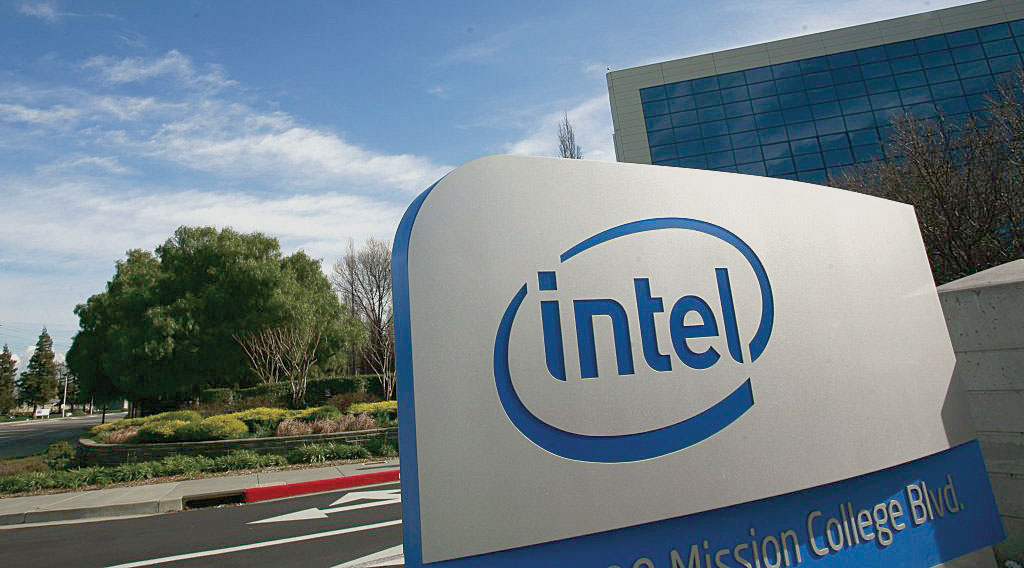

In a bid to protect online privacy, identity and other data, Lenovo and Intel have announced the first PC-ready, built-in authentication measures that adhere to FIDO (Fast Identity Online) Alliance standards.
Instead of relying just on passwords, users now have a safer way to log into websites with the touch of a finger on an integrated fingerprint reader or a quick click of a button in real-time.
Using Intel “Online Connect” on 7th and 8th Gen Intel Core processors, Lenovo’s latest PCs including the Yoga 920, ThinkPad X1 Tablet (2nd generation), ThinkPad X1 Carbon (5th generation) and IdeaPad 720S integrate FIDO-certified authenticators directly into the core of the PCs.
This will bring simpler and safer online authentication when logging into popular websites like PayPal, Google, Dropbox and Facebook.
“I am thrilled to see the realisation of this partnership between FIDO Alliance board members Intel and Lenovo, which resulted in the PC industry’s first FIDO-enabled embedded fingerprint,” Brett McDowell, Executive Director of the FIDO Alliance, said in a statement.
The FIDO Alliance, backed by companies such as Samsung, Google and Microsoft, supports killing passwords altogether.
With these integrated FIDO authenticators, websites use security keys that are protected and rooted deeply in the PC’s hardware, ultimately increasing user protection and reducing fraud.
With the touch of a finger on the encrypted fingerprint reader embedded on the PC, users can easily authenticate to their PayPal account.
An additional security factor is incorporated into the authentication process after users log in to a website using their standard user ID and password access.
Instead of using a separate security key or SMS code, 2nd factor authentication is built into the PC to identify the user and directly prompts the user to click a button to log into websites.
With authenticators built directly into PCs, merchants can extend enhanced security measures to millions of users who routinely use their computer to access social media, banking information and online shopping.
Oman Observer is now on the WhatsApp channel. Click here



